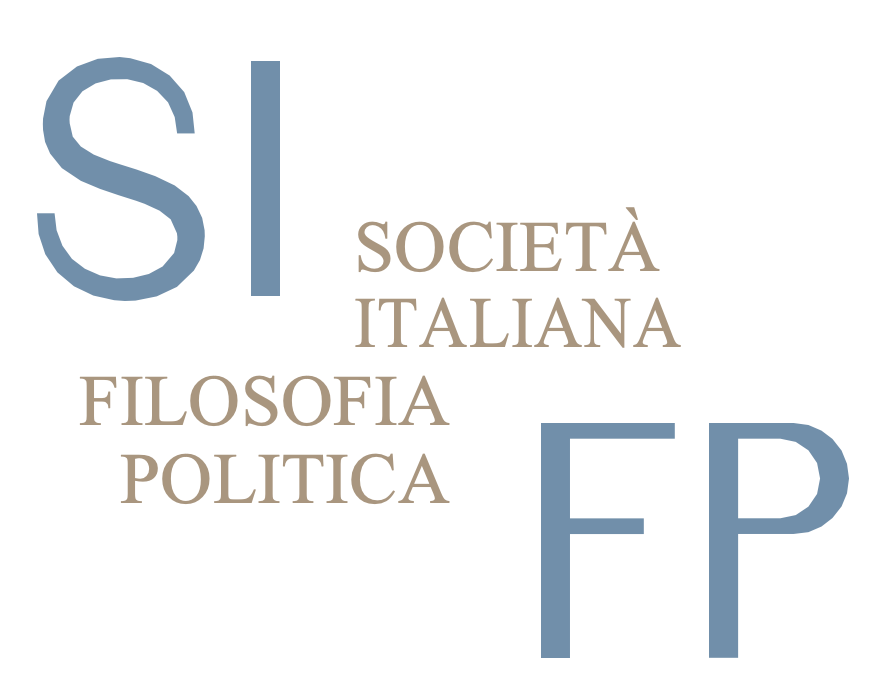About the Journal
The “Rivista Italiana di Filosofia Politica” is the official academic journal of the Italian Society of Political Philosophy (SIFP). It offers a critical space of debate for the different paths of enquiry within the national and international panorama of political philosophy.
Aims and Scope
The principal aim is to publish articles that are models of clarity and precision in dealing with significant political and philosophical issues, and in facing contemporary challenges.
“Rivista Italiana di Filosofia Politica” is the official academic journal of the Italian Society of Political Philosophy (SIFP). It offers a critical space of debate for the different paths of enquiry within the national and international panorama of political philosophy. It aims at bringing together care for contemporaneity, a dialogue with tradition, and attention to possible futures. Firstly, the Journal does not intend to reduce contemporaneity to a shallow notion of ‘today’, and therefore it pays attention to the historic-genealogical dimension of every issue at stake. Secondly, while aiming at contributing significantly to the most discussed themes within national and international debates, it also wishes to stimulate discussion on otherwise neglected authors and issues. In this perspective the dialogue with the classics and the focus on the tradition of Italian philosophy is crucial. Finally, given the profound crises of our times, the philosophic-political perspective cannot avoid looking critically at the future, evaluating its risks but also arguing in favour of a society that is more just and sustainable.
The Journal intends to promote a close confrontation with other theoretical perspectives (social, juridical, economic, political sciences, etc.) while maintaining and enhancing the specificity of the philosophical approach to political issues.
Journal Sections & Criteria for acceptance
The Rivista Italian di Filosofia Politica publishes research papers, review essays, interviews. The main criteria for acceptance of submitted work are originality, scholarly rigor, significance for further inquiry, quality of presentation, and consistency with the topic and approach of the section or of the call (if any).
The Journal is divided into the following sections.
1. The Theme
This is the monographic section of the Journal. These articles are selected by the Editorial Board, which then appoints two editors – possibly one foreign and one Italian – for this section. Articles are provided both upon invitation and a general call published on the Journal website.
2. The Interview
The Journal publishes in every issue an interview with a scholar whose work is of particular interest. Interviews are realized upon invita- tion from the Editorial Board. To this end the Board also takes into con- sideration proposals for possible interviews sent through the platform.
3. A Gaze at the Classics
The section hosts articles dedicated to the classics of political thought. Articles can arrive upon invitation or upon autonomous submission through the platform. The Board periodically lists on the Journal website some suggestions on themes and authors for this section.
4. Panoramas
This section is dedicated to articles that offer an overview of the phil- osophico-political scholarship of a certain period, a certain geographic area, or a specific debate over a relevant event. Articles are provided upon invitation or autonomous submission through the platform. The Board periodically lists on the Journal website some suggestions on themes and authors for this section.
5. Essays
This section is an open space, not bound to specific themes, and it welcomes proposals autonomously submitted through the platform. It may also include occasional essays upon invitation.
Keywords
politics; philosophy; public affairs; history of political thought; history and theory of communication; history of ideas; political theory; critical theory; law, political science, public administration, ethics, sociology; social issues; social problems; gender studies






